Dhaka, Dec 08 (V7N) – A survey conducted by VOA Bangla revealed that 53.6% of Bangladeshis hold a favorable opinion of India, while 41.3% view it unfavorably. The survey also highlighted positive perceptions of both India and Pakistan among the Bangladeshi population.
The study, carried out by ORG Quest Research Ltd between October 13-27, involved 1,000 respondents aged 18 and older from all eight divisions of Bangladesh. Participants rated various countries on a scale of 1 to 5, with scores of 1 and 2 categorized as "liked" and scores of 4 and 5 as "disliked."
Pakistan received a slightly higher "liked" rating than India, with 59% of respondents favoring Pakistan compared to 53.6% for India. However, India had a significantly higher "disliked" rating, at 41.3%, compared to 28.5% for Pakistan.
Myanmar emerged as the least liked neighboring country, with 59.1% of respondents rating it on the "disliked" scale and only 24.5% expressing a favorable view.
Among non-neighboring nations, the United States had the highest "liked" score at 68.4%, followed by China (66%), Russia (64%), and the United Kingdom (62.7%).
The survey revealed religious and demographic disparities in opinions. Muslim respondents were more critical of India, with 44.2% expressing dislike, compared to just 4.2% of non-Muslim respondents. Meanwhile, 50.7% of Muslims and 90.1% of non-Muslims expressed favorable views of India.
For Pakistan, 60.1% of Muslims and 44.1% of non-Muslims rated it favorably. Younger respondents aged 18-34 showed a preference for Pakistan, while those aged 35 and older favored India.
Gender differences were also noted, with 52% of male respondents and 55.3% of female respondents liking India, while 64.4% of men and 53.2% of women expressed favorable views of Pakistan.
Urban and rural respondents showed similar trends, though rural respondents had a slightly higher preference for India at 54.7%, compared to 50.4% in urban areas.
Despite both India and Pakistan scoring similarly on the "liked" scale, India faced more criticism, attributed to perceptions of its influence on Bangladesh's internal politics.
END/MSS/AJ



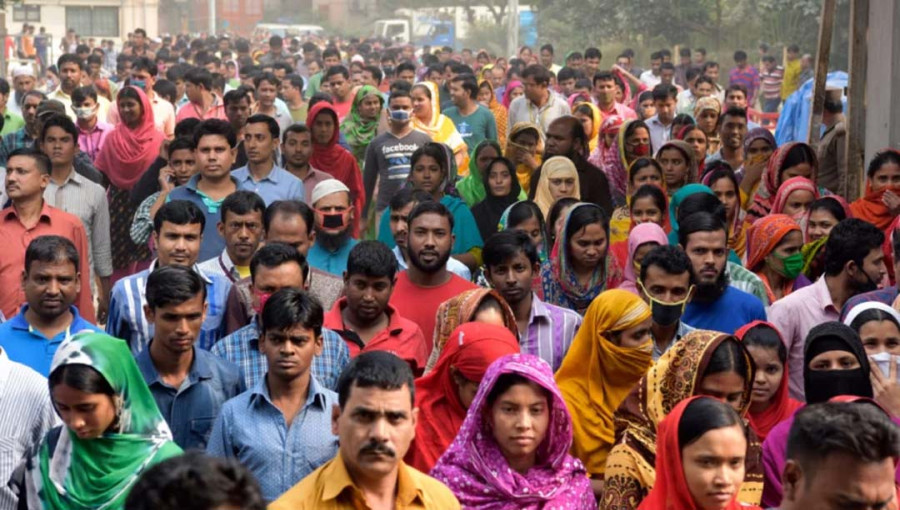

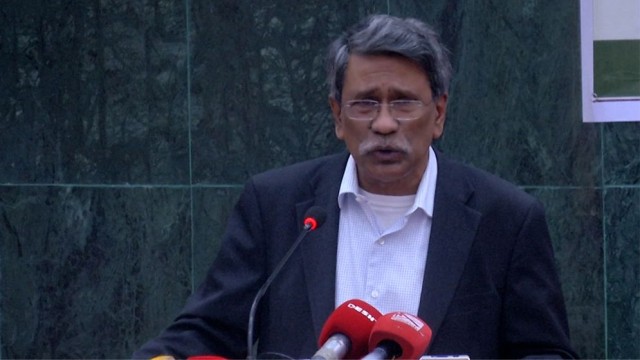

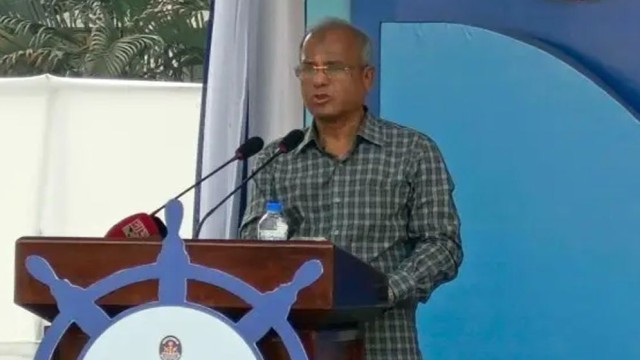




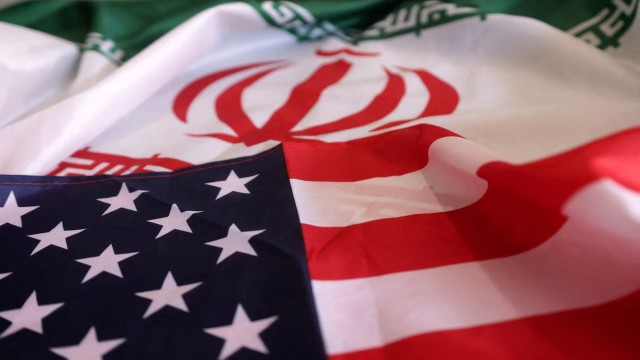

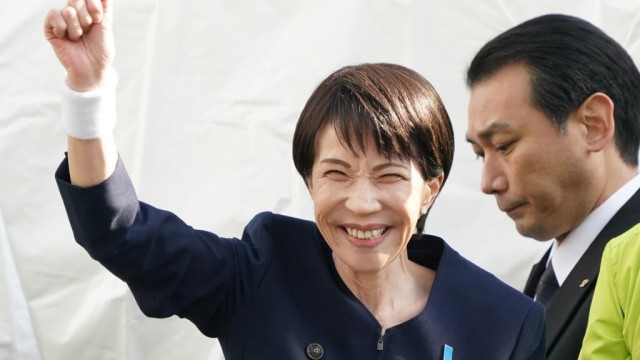
















Comment: